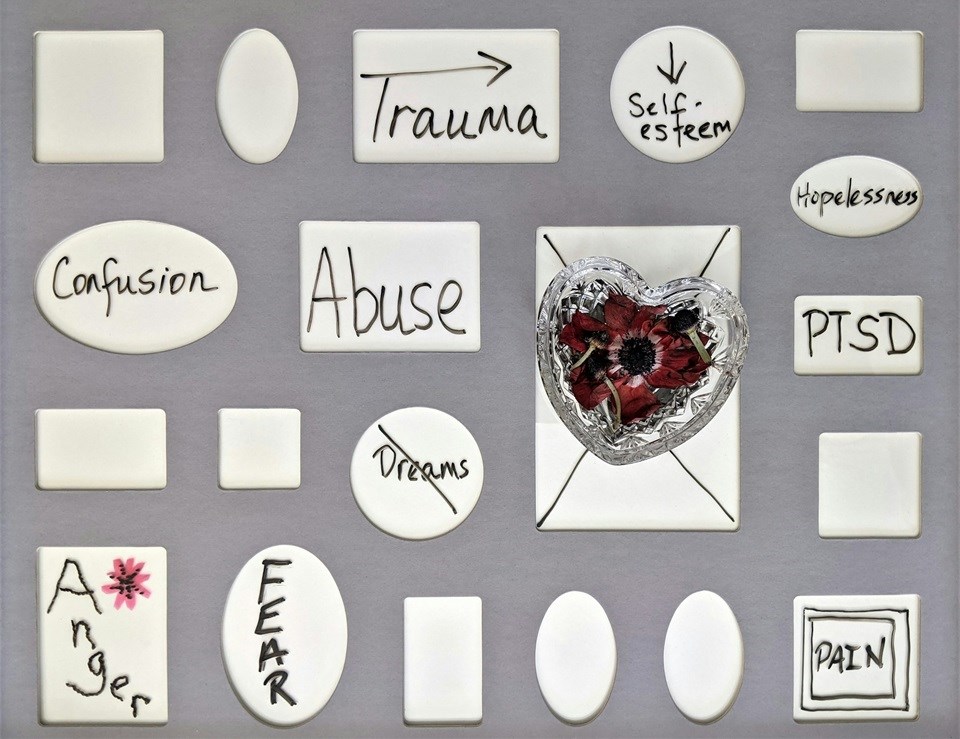Jan. 22 was Bell Media’s Let’s Talk Day, where the focus was on supporting youth mental health organizations throughout Canada. The six organizations who will receive donations are the National Association of Friendship Centres, Strongest Families Institute, Youth in Mind Foundation, Kids Help Phone, jack.org and Integrated Youth Services. However, I believe there are some design flaws with a campaign such as this.
While I agree that society needs to end the stigma of seeking help when it comes to mental health, there are some discrepancies. The organizations that will receive funds from Bell Media’s annual Let’s Talk campaign either have limited locations or are offered to those who fit within certain critia. In my research, some of the organizations chosen only assist youth in Quebec or those who are Indigenous, which is great, but why not help the organizations that help everyone.
Kids Help Phone, for example, is one of those organizations that will receive a portion of the fundraising, but they also are there to help any youth, regardless of age, race, gender, religion, etc. It is available at all hours of the day, does not cost anything to the youth and is confidential. Better yet, young adults up to the age of 25 are welcome to use the service, and if an older adult is requiring assistance, they can help connect them to someone better suited to their needs.
There are a couple of things surrounding mental health services that I find frustrating. One being the lack of services, especially in smaller communities, and secondly, those who offer their services at an astronomical rate, and how the two topics so happen to go hand in hand.
I have seen and heard too many times in our community that there are not enough mental health services available to pretty much everyone. Although there are some counsellors through the Saskatchewan Health Authority who travel to some of the smaller communities, the retention of those counsellors seems to be a challenge. While a qualified counsellor may be willing to travel, the number of cases they handle is more than they bargained for. I have seen where a counsellor will be here one week and gone a week later. Even with a new body to fill the position, patients have to restart their progress, so the new professional has all the background information. Just as they become comfortable with the new counsellor, things change again, and once more, start afresh. There may even come a point in time when the patient stops seeking help as they never really get any assistance on how to cope or manage their mental health.
Now, on the other hand, there is private counselling. Depending on where you live, your current mental health diagnosis and the type of counselling you may need, the cost of a session may vary. On average, the cost of individual counselling in Saskatchewan can range between $100 to $200 per hour, and that can increase to $250 per hour for specialized counselling such as trauma therapy or addiction counselling. Even online video or phone sessions cost more than $120 per hour. Let me ask you, for a young person who is starting out in life, how is it possible for them to obtain the treatment they are desiring with absurd dollar amounts attached to them? Sure, health insurance may cover a portion of it, but for those who need continual sessions, insurance will only cover so much. If they are fortunate enough to have benefits through their employer, there is usually an Employee and Family Assistance Program (EFAP), but again, those resources are only limited. I personally used the EFAP resource in the past, where I was only allowed to meet with a counsellor three times.
Rather than sending your money to an organization that may or may not be available to your community, start looking more locally. Many communities in Saskatchewan have access to crisis centres, such as the West Central Crisis Centre in Kindersley. Some staff travel to smaller communities to work with many individual and family-related scenarios, as well as offer services such as youth counselling and 24/7 crisis support in emergency situations. Although these centres are funded through the provincial government, they do accept any additional funding or donations, allowing them to continue providing free services to those who need them, especially for those in your communities.
If you, or someone you know, requires help related to mental health, please call 306-463-1860 for the West Central Crisis Centre, 811 for the Healthline, 1-800-668-6868 or text 686868 for Kids Help Phone, call or text 988 for the Suicide Crisis Helpline or if your safety is at immediate risk, call 911.




